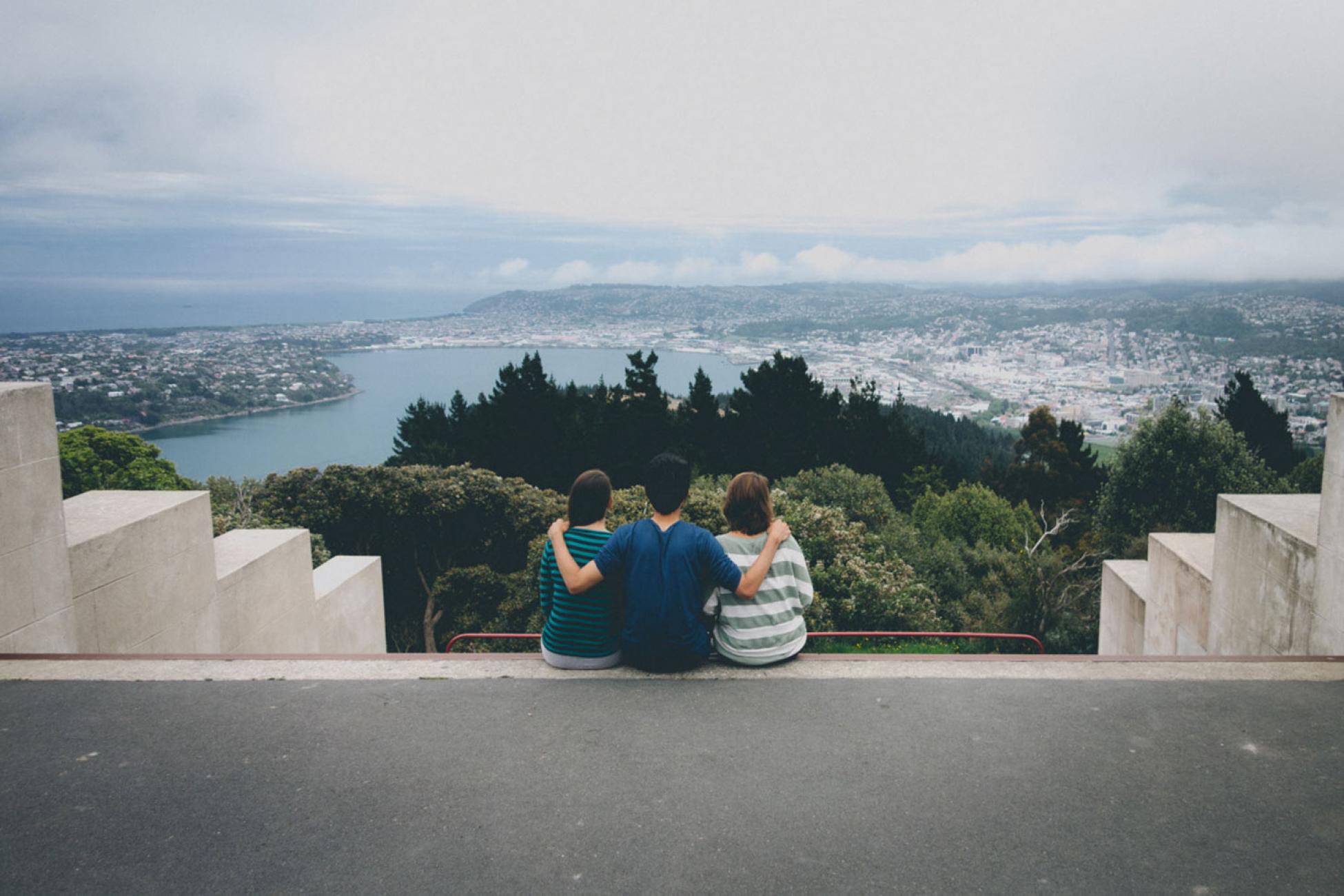In 2006, I was working with a small non-profit called FORGE, which stood for Facilitating Opportunities for Refugee Growth and Empowerment.
This volunteer placement in a refugee settlement in Zambia was one of my first experiences in international travel. Along with my program partner, we built a preschool run by refugee teachers, started a successful farm co-op, and petitioned the UNHCR to keep up medical visits to a part of the settlement housing the most vulnerable refugees. My fellow FORGE ambassadors used the voiced concerns of the refugee population to start peace and non-violence programs, as well as after-school arts programs; built inexpensive and durable solar ovens; taught HIV awareness through soccer; started micro-finance workshops; and contributed to the Women’s Health Centre in the camp.
By addressing the needs brought to us by refugees—not think tanks—and a self-supported financial model, our programs lasted for several years on with little overhead management from us.
There was so much to ingest and take away from that trip. I switched majors from Archaeology to Political Science and focused the rest of my university studies on refugee law and advocacy. It was three months abroad that shaped the majority of the rest of my life. Even greater than that, extraordinarily, is having met the people I worked with—other U.S. students and refugees—who have been a tremendous support and inspiration for me over the years.
Differences in volunteer preparation processes
As I prepare to travel for a volunteer position again, this time at the Rumah Sehat Madani birth clinic in Denpasar, Bali, I’m most nervous and excited about the prospect of having such an intense experience with my fellow students and staff at the centre whom I’ve never met before.
It’s been a bit of a shock to see what enormous differences organizations have in preparing volunteers for such an intense program.
For the FORGE trip, the nine of us spent six months meeting with our team leader weekly to go over an enormous amount of material about refugee issues, effective models of non-profit work, what it’s like to be a volunteer working abroad and more. We also got a chance to learn a great deal about one another over those six months and became close friends before we even left. Nine years after finishing in Zambia, I can say that I speak to at least one of them every week and we regularly send each other lengthy email updates about our lives.
The Bali trip is shaping up to be very different already. I’ve thus far have had no contact with anyone actually at the birth centre. The women I’m going to be working with all come from very different backgrounds in our midwifery training and experiences. There has been some information about Bali and Indonesian culture very thoughtfully written by my midwifery school, Birth Institute, but there is still so much more to try and understand. I leave in less than a month and I’m just starting to get to speak with the other three women. Our online orientation isn’t for several weeks, a big difference from my six months together with my FORGE crew.
Let me make clear that I’m not complaining or criticizing this organization in any way. It’s just been a bit of a shock to me to see what enormous differences organizations have in going about the preparation for such an intense volunteer program. I have to be honest and say I expected something very different from the initial stages of this journey. Perhaps I was just naive in thinking that each program of this intensity would be built the same way.
It’s also making me realize what a different person I am and different traveller I’ve become. I was incredibly reserved when first having to interact with the participants in FORGE, who were all impressive and intimidating people. I was so nervous that I wouldn’t stack up. I was also very afraid that I wouldn’t bring anything worthwhile to my program unless I was deadly serious about the work at hand.
This didn’t change until one of my many days sitting in front of the UNHCR office for hours waiting for anyone to show up when one of my Sudanese friends came up to me to ask me about the ring I always wore. It was a huge awakening; being open and friendly and myself was how I was going to go about making some positive change. I didn’t have to separate what makes me “me” and what makes me a strong advocate.
It’s with that found knowledge through experience that I’ve started taking this planning process for Bali into my own hands. I’ve decided to try and get to know these incredible future midwives I’ll be working beside through our own steam and together we can orient ourselves to this new country and incredible birth centre.
Questions to ask fellow volunteers
If you are about to set out on a volunteer program where you will be joining others and feel something wanting in the pre-trip planning, might I suggest you do the same? I emailed the gals recently with a list of icebreaker questions to get the ball rolling. The answers are telling and sweet and fun.
Here’s the list I came up with to get to know my fellow travellers and volunteers:
1. Cat person or dog person...or panda bear?
2. Are you bringing one special thing from home? What is it?
3. If you had to eat a worm, would you cook it first?
4. What is one "crazy" activity you'd like to try someday?
5. Do you have a hidden talent?
6. Five country bucket list...GO!
7. What's going to be on your trip playlist?
8. Best meal you've ever had.
9. If I visited your hometown, where would you take me first?
10. If you picked one piece of clothing to represent your true self, what would it be?

